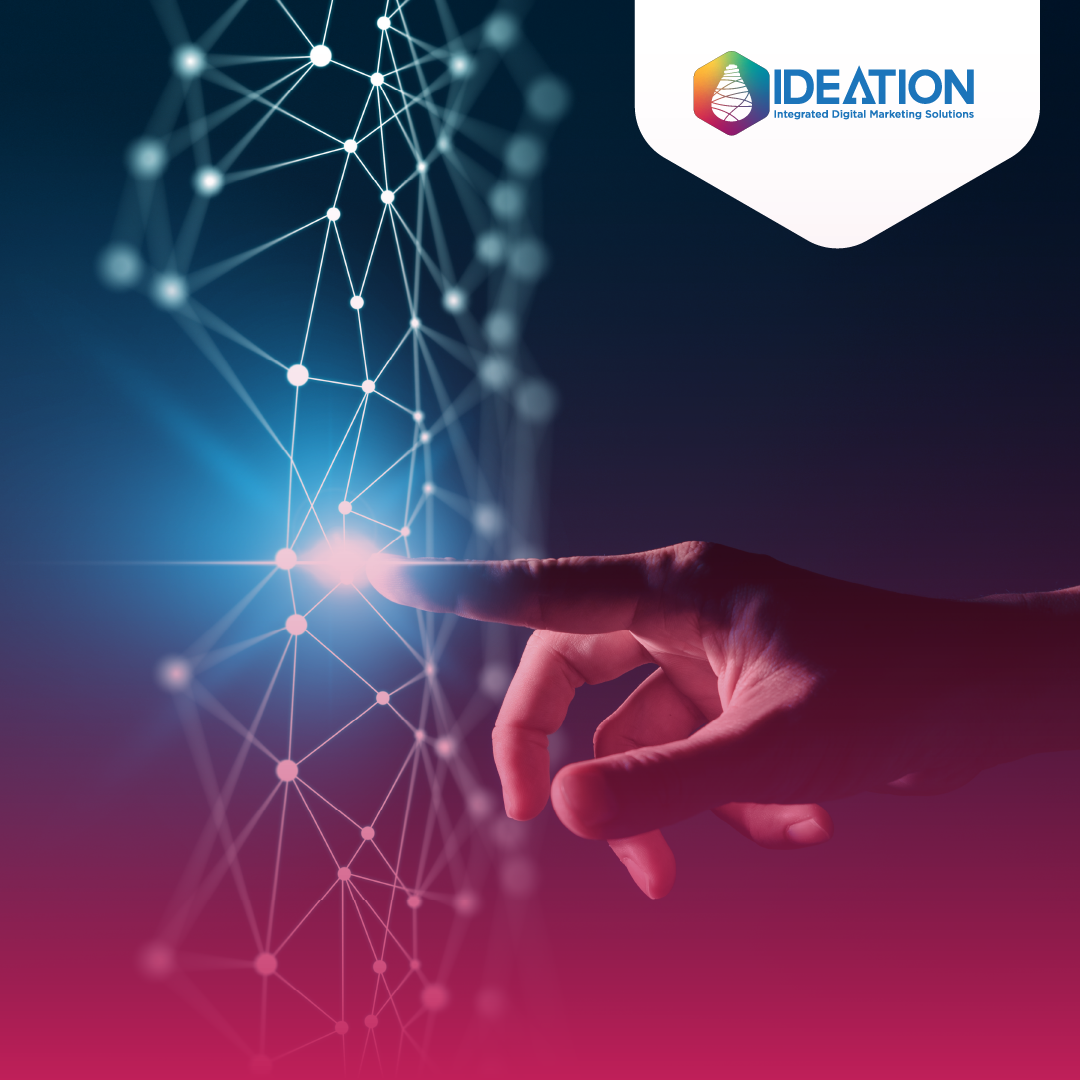Future Trends in Digital Marketing
4th Nov, 2024

What Leaders Need to Know
As technology advances at an unprecedented rate, digital marketing leaders must stay informed about the tools and innovations that will shape the future. Among the most impactful emerging technologies are 5G, Quantum Computing, and Next-Gen AI.
Each of these holds the potential to reshape digital marketing strategies in profound ways, from how data is analysed to how customers experience brand interactions. Understanding these technologies and their potential applications is essential for marketing leaders aiming to drive transformation and remain competitive.
This article explores these key trends and the implications they hold for digital marketing strategies.
Emerging Technologies Explained
Before exploring the specific impacts, let’s briefly define these technologies:
- 5G: The fifth generation of mobile networks, 5G promises faster speeds, lower latency, and the capacity to connect a much larger number of devices simultaneously. This infrastructure is set to revolutionise mobile connectivity, enabling more seamless and immersive digital experiences.
- Quantum Computing: Unlike traditional computers, which process information in binary (0s and 1s), quantum computers use quantum bits, or qubits, which can represent multiple states at once. This makes quantum computers vastly more powerful and capable of processing complex data sets at extraordinary speeds, potentially transforming fields like data analysis and encryption.
- Next-Gen AI: This refers to advanced artificial intelligence systems that go beyond traditional AI capabilities. Next-Gen AI is characterised by improved machine learning, deep learning, and natural language processing, which can facilitate hyper-personalised marketing, predictive analytics, and more nuanced customer interactions.
Now that we have a foundational understanding of these emerging technologies, let’s explore how each one is poised to impact digital marketing strategies.
The Impact of 5G on Digital Marketing
5G technology is more than just a faster network; it has the potential to transform the way businesses and customers interact. The increased speed and lower latency of 5G can enable more immersive and interactive digital experiences.
Enhanced Mobile Experiences:
With 5G, marketers can deliver rich media content like high-resolution video, augmented reality (AR), and virtual reality (VR) experiences without lag. This can lead to improved engagement and a more seamless user experience, particularly for mobile users.
Real-Time Personalisation:
The low latency of 5G enables real-time data processing, which allows marketers to provide instant, personalised content to users based on their immediate context. This level of responsiveness can significantly enhance customer satisfaction and drive loyalty.
IoT and Connected Devices:
5G will boost the Internet of Things (IoT), enabling a vast network of connected devices. Marketers can leverage this interconnected ecosystem to gather data on user behaviours, preferences, and interactions across multiple touchpoints, allowing for more precise targeting and personalised messaging.
Quantum Computing: A New Frontier for Data Analysis
Quantum computing, while still in its early stages, is expected to bring unparalleled advancements in data processing and analysis. Its ability to process vast amounts of data at unprecedented speeds could revolutionise digital marketing.
Data Analysis at Scale:
Quantum computing can process complex datasets exponentially faster than traditional computers. This will allow marketers to analyse vast amounts of data in real-time, leading to more accurate customer insights and better decision-making.
Improved Predictive Analytics:
With its enhanced processing capabilities, quantum computing can improve the accuracy of predictive models, helping marketers anticipate customer needs and behaviours with greater precision. This can lead to highly targeted campaigns and more efficient resource allocation.
Enhanced Security and Data Privacy:
Quantum encryption is anticipated to revolutionise data security, addressing growing concerns over data breaches and privacy. This can help build customer trust, as quantum computing can enhance secure data handling and minimise vulnerabilities.
Next-Gen AI: Revolutionising Customer Interactions
AI has already made significant inroads in digital marketing, but Next-Gen AI will take capabilities to a whole new level. These advancements will enable more sophisticated automation, personalisation, and customer engagement.
Hyper-Personalisation:
Next-Gen AI can analyse data from various sources, including social media, purchase history, and browsing patterns, to create highly personalised customer experiences. By using AI-driven insights, marketers can deliver customised content, product recommendations, and offers tailored to individual preferences.
Voice and Visual Search:
With AI advancements, voice and visual search capabilities are expected to improve, offering more natural and intuitive user experiences. Marketers should optimise their content to accommodate these technologies, ensuring it is discoverable through voice and image-based queries.
Predictive Customer Engagement:
AI’s ability to anticipate customer behaviours allows marketers to deliver timely, relevant content, thereby enhancing engagement. By analysing historical data, Next-Gen AI can identify patterns and predict future interactions, helping marketers engage customers proactively.
Other Emerging Trends in Digital Marketing
While 5G, Quantum Computing, and Next-Gen AI are at the forefront, other trends are also shaping the future of digital marketing:
Blockchain for Transparency:
Blockchain technology can improve transparency in digital marketing, especially in areas like programmatic advertising. By providing an immutable record of transactions, blockchain can address issues such as ad fraud and enhance accountability.
Augmented Reality (AR) and Virtual Reality (VR):
These technologies are becoming more accessible and can be powerful tools for creating immersive marketing experiences. AR and VR allow customers to visualise products in their own environment or engage with brands in unique, interactive ways, enhancing the customer experience.
Sustainability and Ethical Marketing:
As consumers become more environmentally conscious, they are increasingly demanding transparency and sustainability from brands. Future digital marketing strategies will likely incorporate these values, not only in messaging but also in operational practices, to build trust and loyalty with eco-conscious customers.
Are You Ready To Adapt Your Strategy To These Emerging Trends?
As we look ahead, the future of digital marketing will be shaped by these technological advancements, each offering opportunities to enhance customer engagement, drive growth, and build brand loyalty. By understanding and harnessing these emerging trends, marketing leaders can ensure their strategies remain effective, adaptable, and poised to capitalise on the innovations that lie ahead.
For assistance with an Integrated Digital Marketing Strategy, that incorporates digital technology solutions and capitalises on future trends in Digital Marketing, look no further than Ideation Digital: Your partner for technical expertise.
